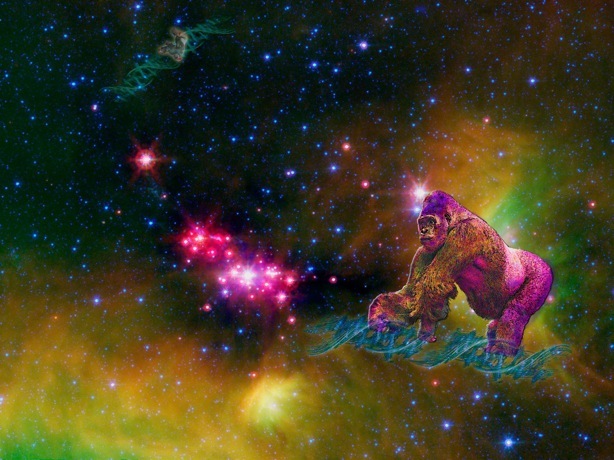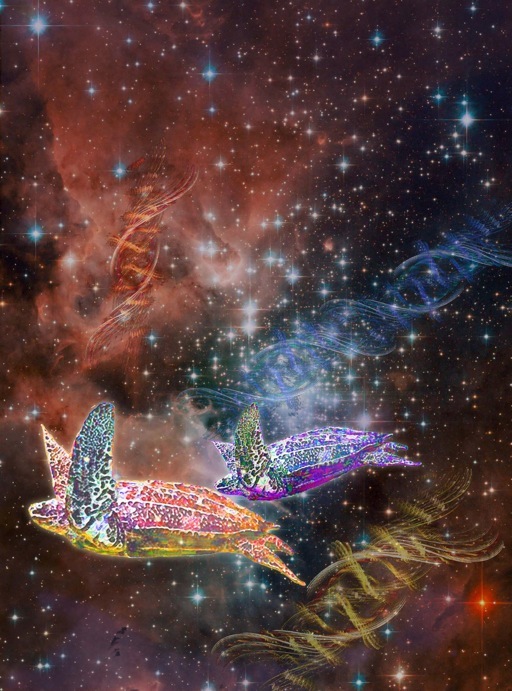|
On Sustainability
|
Introduction
|
Humanity is on an unsustainable course of growth. Increasing in numbers, we devore the resources of our planet and degrade the very basis of our existence. We reduce the richness of Earth everywhere, be it in the diversity of the biosphere, the beauty and stability of the ecosystems, or the abundance of clean water or healthy food. Our substitutes are often ugly and malfunctioning cities, a huge network of highways, railroads, man-made waterways and reservoirs, industrial deserts, open-pit mines, waste dumps, large areas of non-agrible land, and large amounts of toxic pollutants. Our quantitative estimates of our impact on the planet are poor, and the predictive capabilities of our models are limited. Thus, we do not know to any degree of certainty the true scale of our impact on our environment today and cannot reliably predict the impact we will have tomorrow.
Thus, humanity has developed into a dominating force in the Earth's system without having learned to wield the power. Sustainability of our civilization, our societies, our whole species, or even the biosphere as we know it depends on our ability to acquire control over our newly developed power and our willingness to use this power for the good of the planet, recognizing that we only can prosper if our home, our planet, Earth is in good shape.
These pages here collect links to articles, books, web pages, and other resources that have informed me; people that have inspired me; and work that I have done (such as some of my presentations, in which I have tried to create mosaics that illustrate the full complexity of the challenges we are facing in pursuing sustainability; see for example the EarthStock keynote). Hopefully, these pages turn out a valuable resource not just for me, but also for others, including you.
Remarkable thoughs ...:
"It is not the carbon footprint alone that harms Earth; the people's footprint is larger and more deadly"
(James Lovelock, 2008).
Recent reads:
- Bartelmus, P., 2010. Environmental statistics. In: Cleveland, C. J. (eds): Encyclopedia of Earth. First published in the Encyclopedia of Earth February 11, 2010; Last revised February 12, 2010; Retrieved February 15, 2010. Read the article ... (local copy)
People who's lives are all about saving the planet, for example:
|


